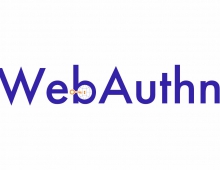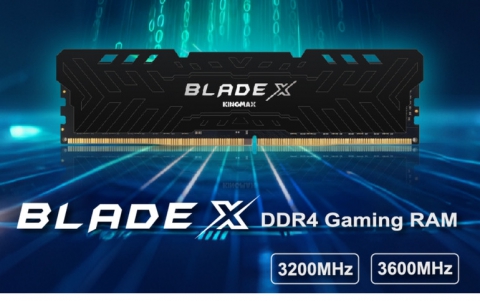
W3C Issues Efficient XML Interchange Standard
The W3C on Thursday announced the release of the Efficient XML Interchange (EXI) standard, which improves the performance, network efficiency, and power consumption of applications that use XML.
EXI is a compact representation of XML information, designed for use in smart phones, devices with memory or bandwidth constraints, in performance sensitive applications such as sensor networks, in consumer electronics such as cameras, in automobiles, in real-time trading systems, and in many other scenarios.
"They've achieved over 100-fold performance improvements and expanded their data networks to high speed aircraft, automobiles, mobile devices and sensor networks. At the same time, they?ve achieved dramatic cost savings by using open Web standards and off-the-shelf products in place of the custom protocols, gateways and applications previously required by these applications," said John Schneider, CTO of AgileDelta and editor of the EXI specification.
XML standards are omnipresent in enterprise computing, and are part of the foundation of the Web. Because the standards are highly interoperable and affordable, people have wanted to use them in a wide variety of applications. However, in some settings - on devices with low memory or low bandwidth, or where performance is critical - experience has shown that a more efficient form of XML is required. Market demand led to the proliferation of application-specific approaches, but most were neither efficient nor general enough, and they sacrificed the interoperability that makes XML so valuable.
To address this fragmentation, W3C brought together diverse stakeholders and reviewed a broad set of use cases. The result is the EXI standard, a single, interoperable XML format that performs well consistently, across the full range of use cases. Extensive testing shows that EXI performs consistently better than previous XML formats, data compression, and even packed binary data formats. As such, it brings the full range of XML benefits to even the most demanding applications.
EXI is already being adopted in Smart Energy Standards to support communication between networks of smart meters, smart appliances and electric vehicles. EXI accelerates financial trading systems that depend on transaction speed. EXI speeds up defense applications, where rapid information flow can help save lives. EXI can make XML a more valuable data format for Web applications on mobile devices, where reduced utilization of the network and processor improves performance and extends battery life. And EXI can be used from JavaScript in desktop Web browsers for a faster user experience.
"They've achieved over 100-fold performance improvements and expanded their data networks to high speed aircraft, automobiles, mobile devices and sensor networks. At the same time, they?ve achieved dramatic cost savings by using open Web standards and off-the-shelf products in place of the custom protocols, gateways and applications previously required by these applications," said John Schneider, CTO of AgileDelta and editor of the EXI specification.
XML standards are omnipresent in enterprise computing, and are part of the foundation of the Web. Because the standards are highly interoperable and affordable, people have wanted to use them in a wide variety of applications. However, in some settings - on devices with low memory or low bandwidth, or where performance is critical - experience has shown that a more efficient form of XML is required. Market demand led to the proliferation of application-specific approaches, but most were neither efficient nor general enough, and they sacrificed the interoperability that makes XML so valuable.
To address this fragmentation, W3C brought together diverse stakeholders and reviewed a broad set of use cases. The result is the EXI standard, a single, interoperable XML format that performs well consistently, across the full range of use cases. Extensive testing shows that EXI performs consistently better than previous XML formats, data compression, and even packed binary data formats. As such, it brings the full range of XML benefits to even the most demanding applications.
EXI is already being adopted in Smart Energy Standards to support communication between networks of smart meters, smart appliances and electric vehicles. EXI accelerates financial trading systems that depend on transaction speed. EXI speeds up defense applications, where rapid information flow can help save lives. EXI can make XML a more valuable data format for Web applications on mobile devices, where reduced utilization of the network and processor improves performance and extends battery life. And EXI can be used from JavaScript in desktop Web browsers for a faster user experience.




















